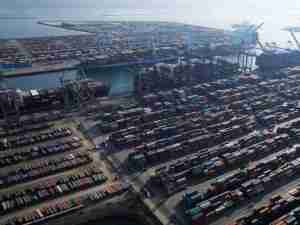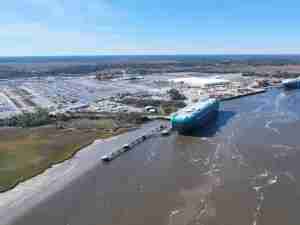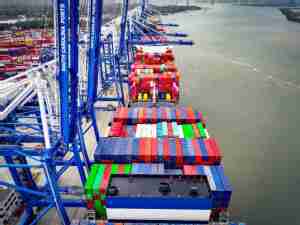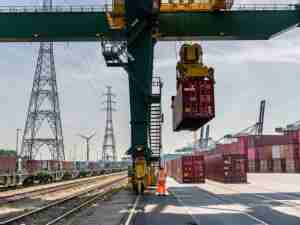The European Union froze the European assets of the two main ports in the world's biggest cocoa exporter as well as its cocoa regulating body, saying they were "helping to fund the illegitimate government of Mr Laurent Gbagbo".
But the country's cocoa trade is carrying on business as usual regardless of the sanctions.
Following is a breakdown of how cocoa grown in the West African nation, which at 1.2 million tonnes a year makes up 40 percent of global supply, is exported through its ports:
- A farmer harvests a ripe cocoa pod, machetes it open, empties it out and then ferments the beans and dries them in the sun. This takes around two weeks. He then bags them up for sale.
- A "pisteur" or middleman arrives in the farmer's village -- cocoa exporters are not allowed to deal directly with farmers -- to purchase the cocoa beans he has produced. Some arrive on motorbikes, others in pick-up trucks with a 5 tonne capacity.
- A contractor, effectively a second middleman, with a large warehouse and bulk capacity, buys cocoa from the pisteur. He is the one who delivers to exporters, who have advanced him cash, at the port. He pays tax on his profits to local authorities.
- The two main ports are Abidjan in the east and San Pedro in the west, with each taking around half Ivory Coast's aggregate cocoa exports, minus the varying thousands of tonnes that are smuggled out through other countries. San Pedro ships out most of the beans from the western "cocoa belt".
- The exporters, including subsidiaries of Cargill Inc and Barry Callebaut, register the beans for export and pay the export tax to Ivorian authorities. They also pay fees to the Cocoa Management Committee (for a separate factbox on cocoa export taxes this season, click on).
- After that, it is the shipping company that loads and exports the cocoa at Ivory Coast's two main ports. It also deals with local agents who must pay the port authority fees.
- Gbagbo's camp controls the authorities that oversee every step in this process. His allies run the cocoa management committee, his government controls the treasury into which cocoa taxes are paid and he controls customs and the ports. Gbagbo's government takes in about $1 billion annually from cocoa taxes, according to some estimates.










